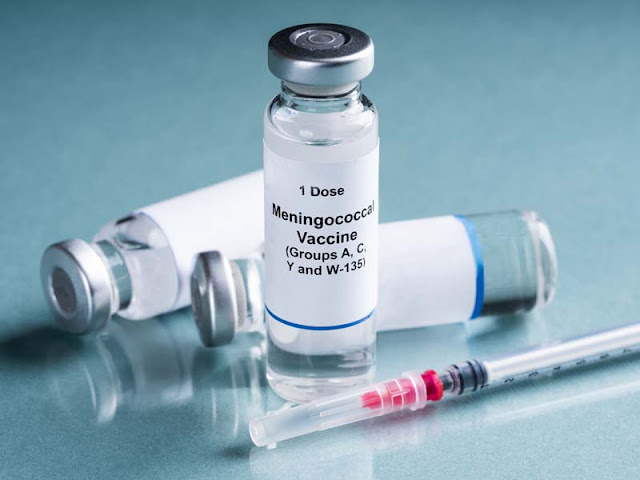Testing, Inspection and Certification: Ensuring Quality and Safety
%20Market.jpg) | |
|
What is Testing, Inspection and
Certification?
Testing, inspection and
certification, commonly referred to as TIC, involves a range of conformity
assessment services that evaluate if products, processes, systems and personnel
comply with requirements set out in regulations, standards or contracts. TIC
activities cover a wide spectrum from testing a product's performance,
inspecting production facilities, certifying management systems, inspecting
shipments, and more.
Certification bodies provide certification of management systems, such as ISO 9001 quality management or ISO 14001 environmental management. Inspection bodies provide inspection services to verify compliance with regulations and standards. Laboratories conduct physical and chemical testing of products to ensure they meet specifications for performance, composition and safety. The testing, inspection, and certification (TIC) industry employs scientists, engineers and auditors around the world to carry out testing, auditing and issuing certificates.
Safety and Quality Assurance in
Global Trade
In today's global economy,
products are often manufactured in one country, using components from multiple countries,
to be sold worldwide. TIC plays a critical quality control function by
assessing compliance with import/export requirements at various points in the
supply chain.
For example, toy and electrical
product testing ensures safety standards are upheld to protect consumers. Food
safety inspection certifies imports meet requirements to prevent outbreaks of
disease. Bio-medical equipment certification gives confidence in performance
for healthcare providers and patients. Facility auditing validates ethical and
environmental standards are followed in global supply chains.
Through independent, third-party conformity assessment, TIC provides assurances that help remove technical barriers to trade. This reduces inefficiencies while protecting lives and livelihoods that depend on the quality, safety and sustainability of traded goods. Certificates issued by accredited TIC bodies are globally accepted, enabling seamless flow of materials and final products worldwide.
A Growing Industry Supporting
Economic Integration
The scope and scale of the TIC
industry has grown exponentially with increased trade globalization. Market
research firms value the global TIC market at over $200 billion currently and
projecting continued strong growth of over 5% annually through 2027.
Major TIC firms operate extensive
global networks of testing laboratories, inspectors and auditors stationed
around the world. Several TIC companies employ over 10,000 staff, serving
clients in virtually every industry sector and country. The industry also
supports countless smaller, specialized firms that conduct critical niche
testing and inspections.
As regional economic communities
deepen trade partnerships, demand is surging for TIC to help operationalize
shared standards and break down technical barriers between member economies.
Examples include the European Union’s Single Market program and Africa’s newly
established African Continental Free Trade Area, which will rely heavily on TIC
tomaximize intra-Africa trade.
The TIC industry itself is seen as a major provider of quality jobs requiring advanced scientific and technical skills. It plays an important role in building infrastructure and institutional capacities needed for developing countries and emerging economies to safely integrate into global trade networks. With greater access to testing and certification resources on the continent, Africa in particular stands to gain enormously from an expanded TIC industry.
Standardization and Accreditation
Critical to Credibility
For TIC services to be globally
accepted and fulfill their purpose, consistent application of international
standards and accreditation of providers is indispensable. Standards ensure
testing methods and quality systems are standardized regardless of where
certification is issued.
Accreditation involves oversight
and formal recognition of competent TIC bodies by an authoritative
accreditation body. In most developed markets, national accreditation bodies
play this role while promoting alignment through international association
membership. Being accredited gives assurance to clients and regulator sat TIC
results will be reliable, impartial and independent.
Credible standards and independent accreditation build confidence in the TIC industry and acceptance of its outputs worldwide. As global trade rules evolve and scientific methods advance rapidly, standards and accreditation must also transform dynamically through open international cooperation. By maintaining integrity and validity of the TIC infrastructure underpinning world trade, standards bodies and accreditors play a greatly underappreciated role in enabling an efficient, well-functioning global economy.
Get More Insights Here
https://masstamilan.tv/understanding-construction-aggregates/
https://www.newsanalyticspro.com/a-comprehensive-inspection-and-certification-guide/



Comments
Post a Comment